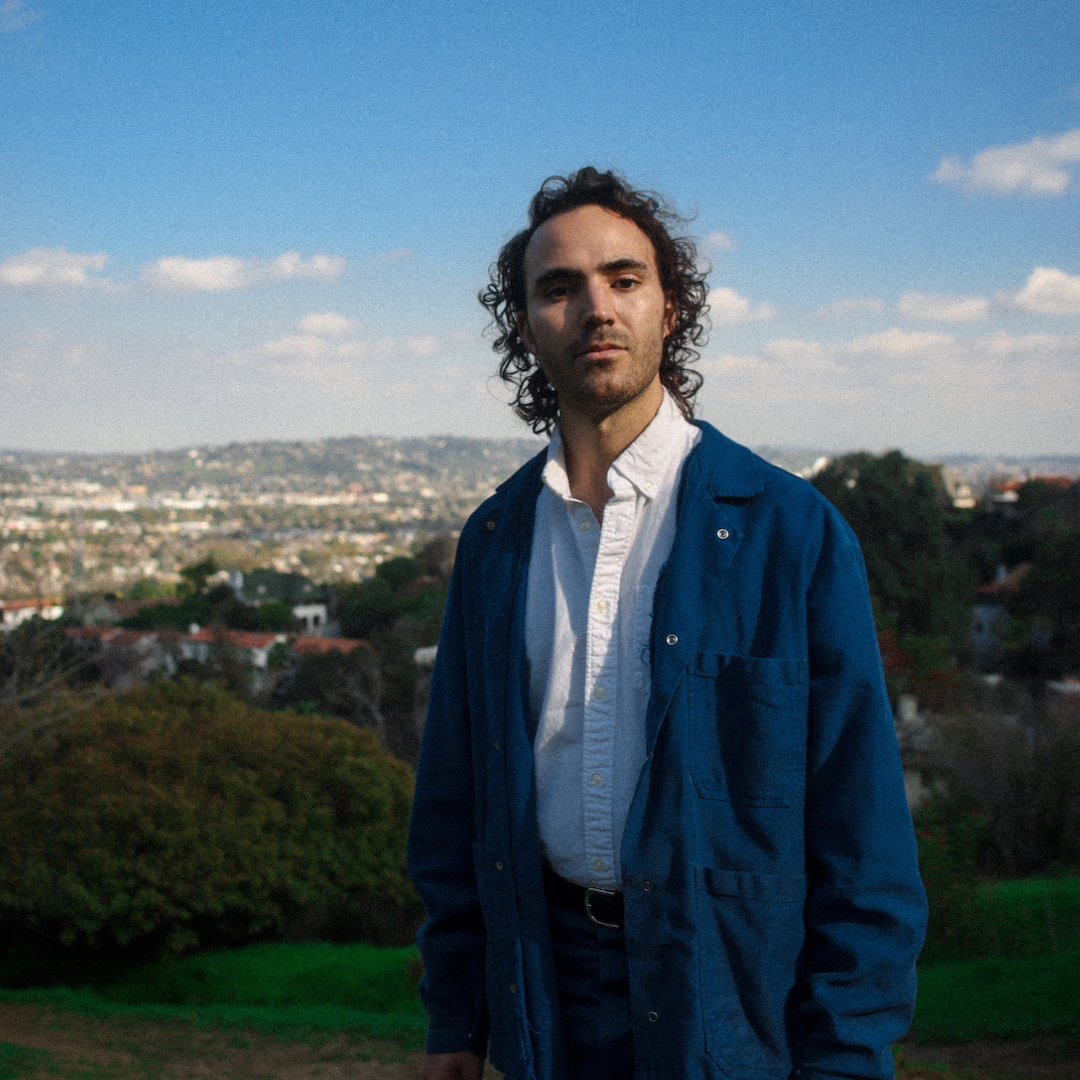A STUDY IN UNKNOWING
A Study in Unknowing
A harvest of heritage, fertilized by the Pacific and the Mississippi River, Alleman makes a vivid contribution to the world of American improvised music with his debut album.
In 1929 the United States Army Corps of Engineers built a six mile dam in southern Louisiana, consisting of 7,000 movable wooden slats filling 350 concrete bays, in response to the most destructive flood in the history of the United States just two years prior. This system, the Bonnet Carré Spillway, floods the land that separates the Mississippi River from Lake Pontchartrain, diverting the mighty Mississippi from drowning the city it helped create: New Orleans.
As if pulled directly from that soaked ground, New Orleans native Ben Alleman has been confidently and quietly nurturing his distinctive compositional voice, fueled by years of studio excellence and tours with a number of your favorite rock outfits of the last fifteen years. A Study In Unknowing, the fruiting body of his dedication to craft, is at once a remembrance and a path forward. The slow motion, elegiac ritual of “Mirlitons and Fig Trees” is buoyed by the rebirth and celebration of “River.” What gives the album its singularity is the ability of Alleman and his collaborators to communicate sensitivity, anger, tenacity, disappointment and joy, often in the same song. This isn’t only a celebration of musicianship, it’s a celebration of the complexities of being alive.
A Study In Unknowing was made entirely in a small stuccoed garage at Alleman’s new home in Los Angeles, an ideal setting for the close collaboration that made the seeming telepathy of these recordings possible. Questions are posed, occasionally answered, sometimes left open-ended. What’s here is tactile and tangible, valuing discovery over accomplishment, managing to write a new chapter in the book begun by Bill Frisell and Daniel Lanois.
The album spends most of its time in New Orleans, reflecting on the complexity of “home:” Is it a place to return to, or simply the place that shaped you? What comfort can home provide, and at what cost? Alleman interrogates these ideas, from the harmonic mystery of “1323 Saint Andrew St.,” to the somnambulant seduction of “Pelican 1.” The dream ends with a snare crack that begins “Pelican 2,” and cleaves the album in half. Shoulder to shoulder, Sebastian Steinberg’s relentless ruddered bass and Matt Musty’s muscular drumming lift Alleman’s raging distorted Wurlitzer, all together clawing away layers of rubble to reveal a cornerstone of the album, “Bonnet Carré.”
Alleman wisely places the most identifiably New Orleans-drenched song deep in the album, and it feels like an arrival. It is at once regal, funky, menacing and surprising. Joe Harrison’s sepia-toned woodwinds combined with the swirls of organ and percussion create the sensation of plunging a kaleidoscope into a swamp, seeing the flora and fauna animated by Alleman’s sunken piano playing.
You can hear him collecting waterlogged relics in New Orleans amidst the straw, dried leaves and glass that become makeshift percussion - things never broken, only repurposed. After the dust has cleared, he leaves Louisiana for the moving pictures of “California,” which flicker and churn. Alleman’s piano is spare and structural, Musty’s drums smear and skitter across the panorama; nowhere is the idea of The American West more optimistic, complex, or promising.
Like the Spillway that connects the Mississippi to the Lake Pontchartrain, Alleman artfully bridges his New Orleanian roots with his current California surroundings, controlling the flow of what is expected in a search for higher ground, while still showing us what was once submerged isn’t useless; it can become new again. Home remains - if you listen closely you can hear the river flowing. -PM


